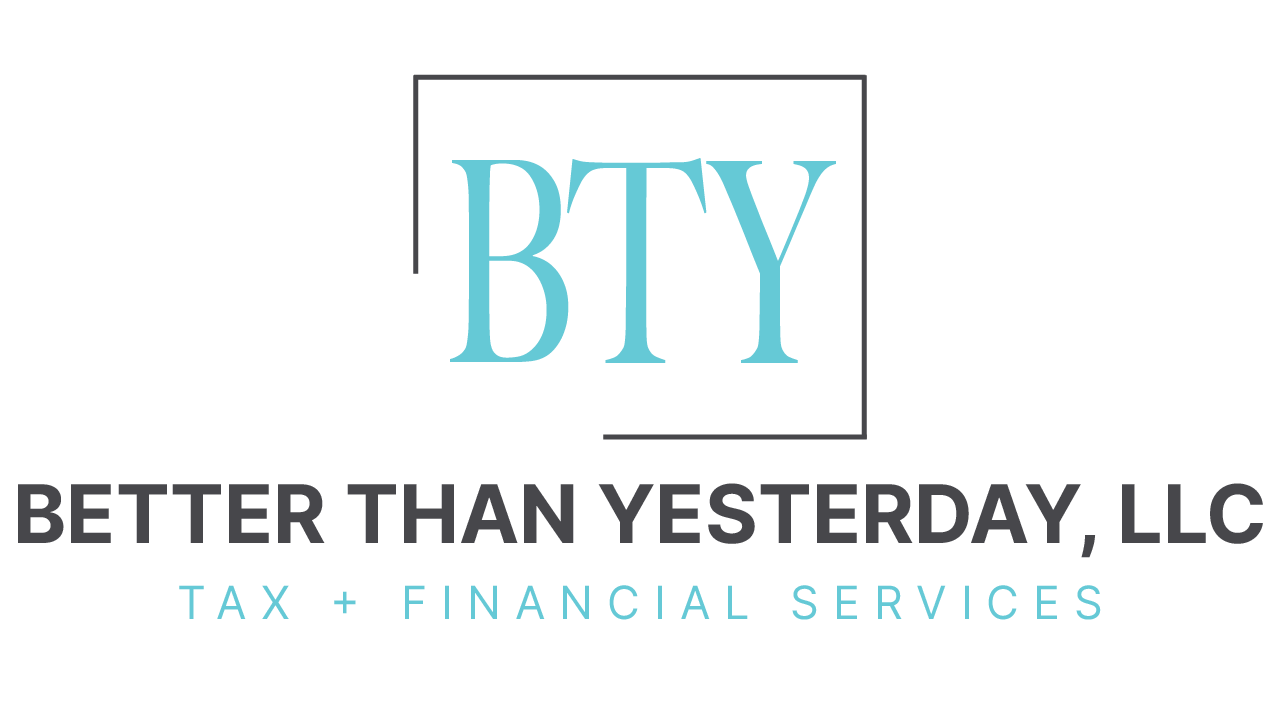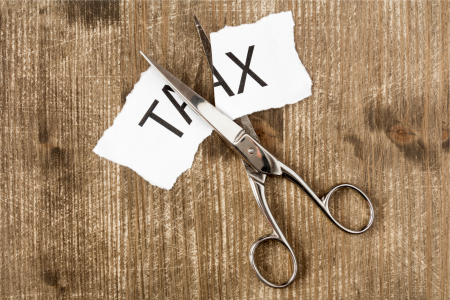I think we’ve established that taxes are confusing. You may hear your friends say that they get to take their new vehicle or other expenses as a tax write-off. Or you may have seen this clip below…
While this scene is comical, it’s a great way to shine a light on the fine line between legit business expenses and personal expenses. Because determining what expenses are deductible is the trickiest part of filing taxes for many.
DEFINITION OF A TAX WRITE-OFF
As the dad explained in the clip above, a tax write-off is a legitimate expense used as a deduction to lower your taxable income. This is why “tax write-off” and “tax deduction” are interchangeable.
You will also hear the term “tax credit”. There is a difference between tax credits and tax deductions. Head here to read more on that! Basically, tax credits and deductions are available on any individual tax returns – if the credit or deduction is applicable to you.
Business tax deductions are only for business owners, regardless of the tax form the business is filed on. Which is why your friends may be able to take their vehicle as a deduction, this would go against their business income.
HOW TAX WRITE-OFFS WORK
INDIVIDUALS
Again, there are tax credits and deductions that are available to use on your individual tax return – even if you don’t own a business. The standard and itemized deductions are ones most are familiar with. The standard deduction requires no extra expense tracking, it’s simply based on your filing status. See the table below:
| FILING STATUS | 2020 TAX YEAR | 2021 TAX YEAR |
| Single | $12,400 | $12,550 |
| Married, filing jointly | $24,800 | $25,100 |
| Married, filing separately | $12,400 | $12,550 |
| Head of Household | $18,650 | $18,800 |
Now to take the itemized deduction, you have to track your personal expenses such as medical expenses, tax expenses, interest expenses, charitable contributions, etc. You also have to beat the standard deduction with your itemized deductions.
This deduction is used to reduce your adjusted gross income and determine your taxable income.
For example, we have a single filer with an adjusted gross income of $112,550. The single filer uses the standard deduction on their 2021 tax return. What is their taxable income?
| Adjusted Gross Income | $112,550 |
| Standard Deduction | ($12,550) |
| Taxable Income | $100,000 |
The taxable income has been reduced to $100,000 instead of $112,550. Below are some other individual tax deductions you may know:
- Teacher Educational Expenses
- Health Savings Account
- Moving Expenses
- Self-Employment Deductions
- Individual Retirement Arrangements (IRA) Deduction
- Student Loan Interest Deduction
- Tuition and Fees Deduction
Now, if you didn’t take the time to read the Tax Credit vs. Tax Deduction article; a tax credit reduces the tax due dollar-for-dollar. A deduction reduces your taxable income.
Another thing to keep in mind is that tax deductions and credits claimed on individual returns are often subject to a phase-out with higher incomes.
BUSINESSES
Business deductions are used on any form of business as long as the deduction is allowable. There are several different business structures, head here to learn which tax form is filed for each type of structure.
Businesses have operating expenses that are necessary to keep the business running. This is why these expenses are deducted from the gross revenue. The IRS understands that your gross income is not what you actually retain. Therefore, you should only pay tax on your net income.
Now, the allowable business expenses used as a “tax write-off” are specific to each business. The business expense must be both ordinary and necessary. Ordinary expenses are common and acceptable in the industry-specific to your business. Necessary expenses are helpful and appropriate for the trade or business.
Here are some common business expenses, like advertising, rent, utilities, fees, contract labor, etc.
It is extremely important that business owners have a clean set of books and an organized recordkeeping system. A good set of books will prevent errors on the tax return and prevent overpaying in taxes. Good books also help you prove whether a business expense is an allowable deduction. So, yeah, this is a big deal. Learn more about self-employed tax tips here!
Now let’s dive into the example.
A small business brings $1,000,000 in gross revenue. The allowable operating expenses total $900,000. So, what’s taxable income?
| Gross Revenue | $1,000,000 |
| Operating Expenses | ($900,000) |
| Taxable Income (Net Income) | $100,000 |
Only $100,000 of the million dollars is taxable. Again, pretty important to keep good track of your business tax write-offs. That’s a huge difference for a tax bill!
It’s always beneficial to meet with a professional to determine what tax write-offs are allowable for your situation. Especially if you own a business! Having a tax professional on your side will put your mind at ease come tax time. Follow along for more tax tips!
All videos are made with Animaker, sign up for free today!






